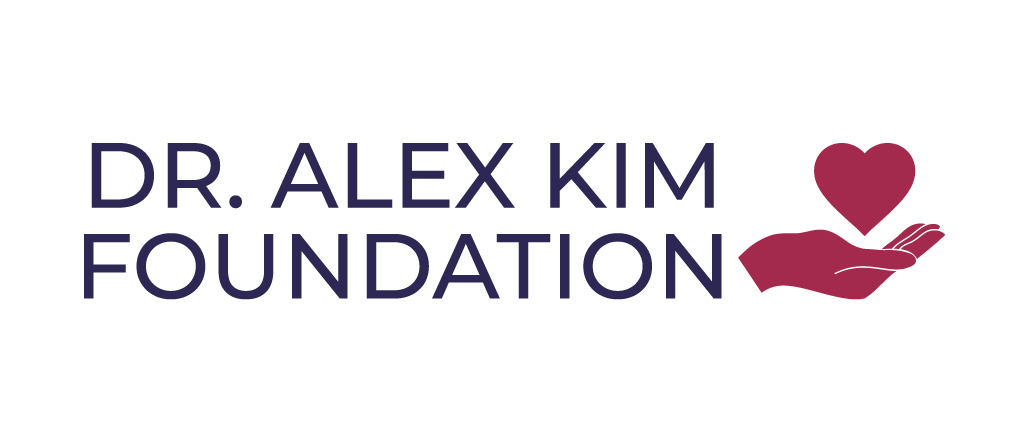Early childhood education (ECE) plays a pivotal role in shaping a child’s future, and its impact extends far beyond academic achievement. One of the most profound effects of quality ECE is its potential to prevent future homelessness, a critical issue that affects many families across various demographics.
Research has consistently shown that early childhood education provides a strong foundation for lifelong success. Children who receive high-quality early education are more likely to achieve academic success, develop strong social skills, and have better overall health. These outcomes are crucial in breaking the cycle of poverty, which is often linked to homelessness.
Homelessness is frequently a result of intergenerational poverty, where children from low-income families face numerous barriers to success. Quality early childhood education programs can disrupt this cycle by equipping children with the skills and knowledge they need to overcome these barriers. Programs that focus on both academic and socio-emotional development help children build resilience, improve their cognitive abilities, and foster a positive attitude towards learning.
Additionally, early childhood education programs often provide support services for families, including parenting classes, health screenings, and access to social services. This holistic approach addresses the root causes of poverty and homelessness, offering families the tools they need to create a stable environment for their children. By improving parental skills and providing access to resources, these programs contribute to better family outcomes and reduce the risk of future homelessness.
Investing in early childhood education is not only a moral imperative but also an economic one. The long-term benefits of quality ECE include reduced costs associated with remedial education, healthcare, and social services. By preventing future homelessness and fostering economic stability, early childhood education programs contribute to a more equitable and prosperous society.
In summary, quality early childhood education is a powerful tool in preventing future homelessness. By providing children with the skills and support they need to succeed, ECE programs break the cycle of poverty and offer families a pathway to stability and self-sufficiency. Investing in these programs is essential for creating a brighter future for all children and building stronger, more resilient communities.
Change Lives with the Dr. Kim Foundation
Contact Us Today
Early childhood education (ECE) plays a pivotal role in shaping a child’s future, and its impact extends far beyond academic achievement. One of the most profound effects of quality ECE is its potential to prevent future homelessness, a critical issue that affects many families across various demographics.
Research has consistently shown that early childhood education provides a strong foundation for lifelong success. Children who receive high-quality early education are more likely to achieve academic success, develop strong social skills, and have better overall health. These outcomes are crucial in breaking the cycle of poverty, which is often linked to homelessness.
Homelessness is frequently a result of intergenerational poverty, where children from low-income families face numerous barriers to success. Quality early childhood education programs can disrupt this cycle by equipping children with the skills and knowledge they need to overcome these barriers. Programs that focus on both academic and socio-emotional development help children build resilience, improve their cognitive abilities, and foster a positive attitude towards learning.
Additionally, early childhood education programs often provide support services for families, including parenting classes, health screenings, and access to social services. This holistic approach addresses the root causes of poverty and homelessness, offering families the tools they need to create a stable environment for their children. By improving parental skills and providing access to resources, these programs contribute to better family outcomes and reduce the risk of future homelessness.
Investing in early childhood education is not only a moral imperative but also an economic one. The long-term benefits of quality ECE include reduced costs associated with remedial education, healthcare, and social services. By preventing future homelessness and fostering economic stability, early childhood education programs contribute to a more equitable and prosperous society.
In summary, quality early childhood education is a powerful tool in preventing future homelessness. By providing children with the skills and support they need to succeed, ECE programs break the cycle of poverty and offer families a pathway to stability and self-sufficiency. Investing in these programs is essential for creating a brighter future for all children and building stronger, more resilient communities.

